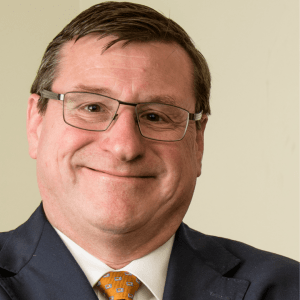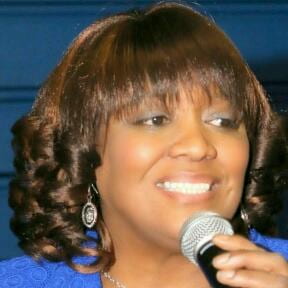The Resilient Shelter project team is excited to announce the completion of its market analysis report titled Seeking Low-Cost Seismic Protection for Urban Masonry in an Unstable Terrain. Phase I of the Resilient Shelter Project consisted of a market analysis of low-cost methods for seismic protection, specifically focusing on multi-story buildings in urban areas of developing countries. A prior blog post titled “Filling the Gap for Seismic Protection” explained more about the purpose behind the project.
With support from Marcial Blondet, Ph.D., Professor at the Pontifical Catholic University of Peru, and Ph.D. student Kostas Kalfas, Nicos Makris, Ph.D., Associate Professor of Civil Engineering at the Lyle School of Engineering, is working diligently to formulate a solution that is safe, accessible, and suitable for residents of multi-story urban housing. Dr. Makris, Affiliate supervising the work in the report said, “Part of our role as structural engineers is the design and construction of structures that are affordable to the local society and meet acceptable performance levels at present and the years to come without compromising the ability of future generations to use them, maintain them and benefit from them.” Undergraduate Research Analyst Sam Borton and Undergraduate Project Manager JuliaGrace Walker worked with Kalfas, Dr. Makris, and Dr. Blondet to examine the low-cost seismic protection market and produce a report with their findings.
Discussing his motivation for working on the project, Kalfas said, “It is my steadfast belief that we, as the more benefitted, should always give back to society and especially to those who are not as fortunate” and that the Resilient Shelter Project gave him “the opportunity to contribute directly to the people who need our help.”
In the report, Borton and Walker summarize the existing low-cost propositions and discuss to what extent these methods are feasible for the aforementioned target population in Peru. Finding that even these “low-cost” solutions are out of reach for most of the middle-class residents of Lima, the report makes an alternate proposition. Rocking isolation offers great potential as an innovative and economical seismic protection alternative, but it has yet to be implemented as low-cost housing reinforcement. This emerging system of seismic protection could fill a gap in the market, as it may provide a sufficiently low-cost accessible manner of protecting multi-story buildings.
“After learning about the very real danger that earthquakes posed to certain Peruvian communities, as well as seismically-vulnerable communities around the globe, I was especially motivated to support Dr. Makris in this initiative,” said Borton.
As the report was finalized, the project encountered a delay brought on by the COVID-19 pandemic and its resulting restrictions on international travel. It is the hope of the various collaborators on the Resilient Shelter project that progress on future phases will commence in the Spring of 2021.
Walker said of her experience with the project, “It has been exciting to work with a team that values and promotes cross-cultural and interdisciplinary relationships. I cannot wait to see what else the Resilient Shelter project can achieve.”
To read more about the Hunt Institute’s work to develop future-focused solutions to some of the world’s biggest problems, please click here. For the latest news on the Hunt Institute, follow our social media accounts on LinkedIn, Facebook, Twitter, and Instagram. We invite you to listen to our Podcast called Sages & Seekers. If you are considering engaging with the institute, you can donate, or sign-up for our newsletter by emailing huntinstitute@smu.edu.








